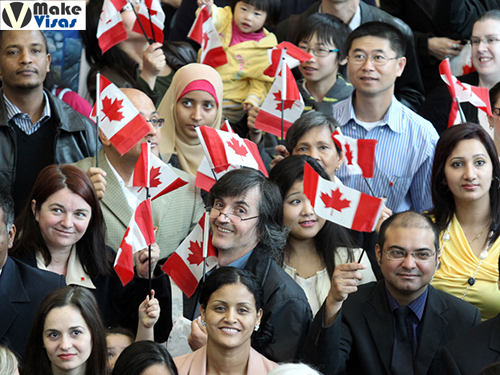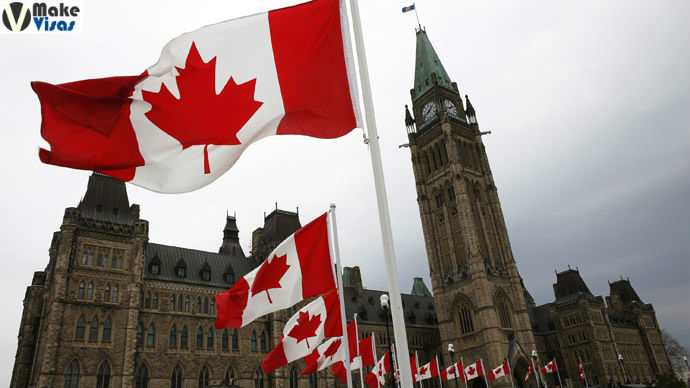Bill C-6 has been released and will be bringing major amendments in the Canadian Citizenship Act. This bill has now officially converted into a law, keeping existing and upcoming immigrants to Canada on a rapid pathway to Canada Citizenship.
C-6 got parliamentary Royal Assent in Ottawa, the country’s capital, on the night of June 19, 2017.
In spite of the section of the bill into law, it ought to be noticed that not all measures would come into drive promptly. Strikingly, the adjustment in the residency days necessity — from four out of six years, to three out of five — has not yet become effective, however the administration anticipates actualizing this new measure in the fall.
The following is a framework of the progressions expected with the new Citizenship Act, and the periods these progressions are relied upon to become effective. The latest changes to the demonstration bear the cost of numerous foreigners to Canada and their friends and family more good citizenship qualification prerequisites, in arrangement with the vision of a more comprehensive naturalization prepare that advantages newcomers and the Canadian economy alike.
Prompt changes as of June 19, 2017
• Dual natives living in Canada who are sentenced treachery, spying or fear based oppression offenses will confront the Canadian equity framework, as other Canadian subjects who infringe upon the law. Beforehand, the administration held the privilege to renounce such people’s citizenship.
• Applicants who may need to work or live outside of Canada for work or individual reasons are at no time in the future required to exhibit a formal goal to keep on living in Canada once allowed citizenship.
• Minors (matured under 18 years) would now be able to apply for citizenship without a Canadian parent, as the age necessity for citizenship has been evacuated.
• Individuals serving a contingent sentence won’t be allowed citizenship or have the capacity to check this time towards meeting the physical nearness prerequisites for citizenship.
• Statelessness is currently viewed as a remain solitary ground for an optional give of citizenship.
• It is presently a necessity to mull over sensible measures to suit the requirements of a crippled individual applying for citizenship.
• All candidates are required to stay qualified all through the procedure, from the minute they apply, up to and including the minute they guarantee of Citizenship.
Anticipated that progressions would produce results in Fall/Autumn 2017
• Applicants must be physically present in Canada for three out of five years (1,095 days), as opposed to the past four out of six years, before applying for citizenship.
• In arrangement to the new physical nearness necessity, candidates must record Canadian wage charges, if required to do as such under the Income Tax Act, for three out of five years, as opposed to past four out of six years.
• Applicants never again must be physically present in Canada for 183 days in four out of six years before applying while considering residency years going before a citizenship application.
• Time spent in Canada as a brief inhabitant, for example, on a work or study allow or as an ensured individual, before turning into a perpetual occupant would now be able to check a part of this time towards the physical nearness prerequisite for citizenship, up to a greatest credit of 365 days where every day considers 0.5 days.
• Applicants in the vicinity of 18 and 54 years — as opposed to the past 14 and 64 years — must meet the dialect and learning necessities for citizenship.
Anticipated that progressions would produce results mid 2018
• The Federal Court — unless generally asked for — is the chief in all disavowal cases, including grounds of false portrayal, extortion, or intentionally covering material conditions, which were beforehand settled on by the Minister.
• There is presently certain approval for Citizenship Officers to seize false or suspected fake archives.
A significant number of the revised changes display in Bill C-6 are planned to upgrade the citizenship procedure and renounce arrangements that advanced saw unequal treatment of a few nationals in specific cases.








